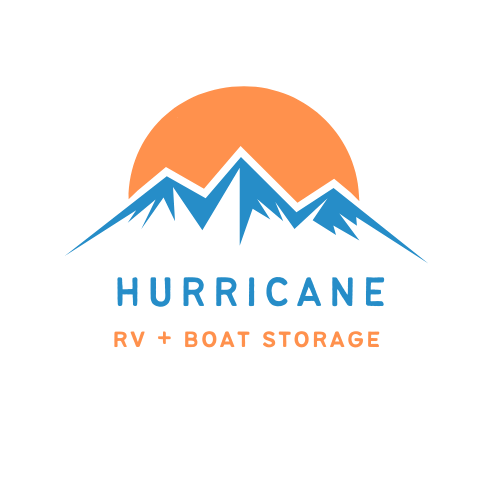Top Tips For Short- and Long-Term Storage
Things To Do Before Putting Your RV in Storage
With Summer over and the peak travel season over, its time to put your RV into storage for either a short- term or long-term period of time. All around southern Utah and Northern Nevada, it’s quite reasonable to take your RV out on the road most of the year but there are always times you’ll need to store it for an extended period of time. Since it is that time, here are 9 things you will want to tackle as you prepare your RV for either short-term or long-term storage:
Short-Term Storage:
- Thorough Cleaning: Before storing your RV, give it a comprehensive cleaning, both inside and out. Remove all food items and clean all appliances and surfaces.
- Water System: Drain the fresh water and wastewater tanks and empty the water lines to prevent freezing during cold weather.
- Propane Safety: Turn off the propane tanks and appliances that use propane. Make sure all pilot lights are extinguished.
- Battery Maintenance: Disconnect the RV's battery or use a battery maintainer to prevent it from discharging.
- Tire Care: Inflate the RV tires to the recommended pressure, and consider using tire covers to protect them from UV rays.
Long-Term Storage:
- Secure Location: Find a secure storage area, preferably indoors or under a shelter, to protect your RV from the elements, including sun, rain, and snow.
- RV Cover: Invest in a high-quality, breathable RV cover to shield it from UV rays, dust, and debris.
- Ventilation: Ensure proper ventilation within the storage area to prevent moisture buildup, which can lead to mold and mildew growth.
- Regular Maintenance: Visit your RV periodically to perform maintenance tasks. Lubricate moving parts, inspect for leaks, and check for signs of pests to prevent any damage.
It's essential to consult your RV's owner's manual or contact the manufacturer for specific storage guidelines, as different RVs will likely have varying requirements. Additionally, you should check with local regulations and guidelines for RV storage, as they can differ based on your location.

